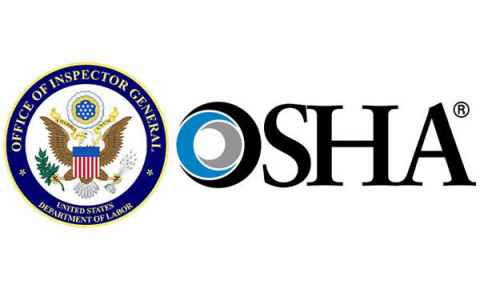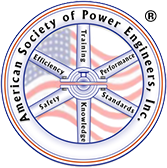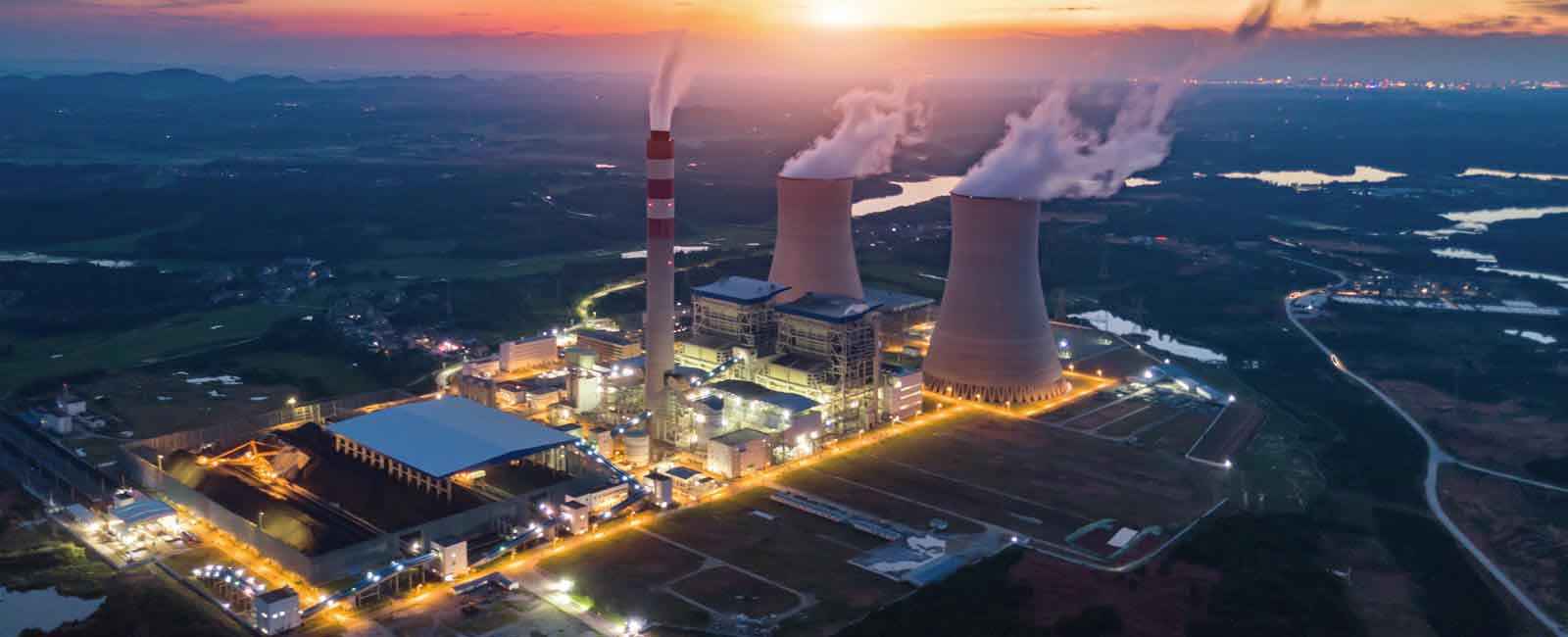Establishing National
Standards for Power Engineers.

OSHA (Occupational Safety and Health Administration) is an organization that is part of the United States Department of Labor. It was created in 1970 when Congress passed the Occupational Safety and Health Act. OSHA works to ensure the safety and health of workers and working conditions by setting and enforcing standards while providing outreach, training, assistance, and education. As such, OSHA has a number of standards for boiler safety.
Boilers can present a number of safety hazards. These include chemicals, moving machinery, hot surfaces, combustion gases, high-pressure systems, and the risk of explosion. Additionally, there are several catastrophic failures that can occur with a boiler. One is melting down. This is where the heating surface metal begins melting due to high temperatures and low water levels. This will do major damage to the boiler, but it does not always result in an explosion. Thermal shock occurs when an overheated heating element with low water levels suddenly has cold water introduced, causing the production of steam rapidly, metal expansion, and an explosion. Combustion explosions happen due to a buildup of combustible gases, which can then ignite. Finally, excessive steam pressure can cause the boiler to explode due to exceeding the boiler's design threshold.
In order to prevent these dangerous situations, a number of steps must be taken. Relaying details about any special boiler conditions is very important. This will allow any recent changes or updates to be brought to the attention of the right people before a problem arises. Additionally, letting others know when safety checks have been completed and what regular maintenance is needed can be relayed through a duty checklist. This, in conjunction with maintaining a boiler log, will ensure critical duties are done when they are required. A boiler log records the operational data of the boiler over an 8 or 24-hour period. This will show any abnormalities in the boiler operation, indicating any issues that need to be addressed.
In addition to these practices, water levels should be checked frequently, and the Normal Operating Water Level (NOWL) should be maintained around the middle of the water gauge. This is one of the most important duties of the operator. Detailed checks of the water column and gauge glass, safety valves, and burner control system should be done on a regular basis. Tests for safety valves, flamer scanner tests, cleaning, and checking the boiler itself will all help reduce accidents and keep workers safe and unharmed.
ASOPE works closely with OSHA to ensure employees and workers get the training and certifications they need in order to do their jobs safely and without incident. Learn more about our programs here!


